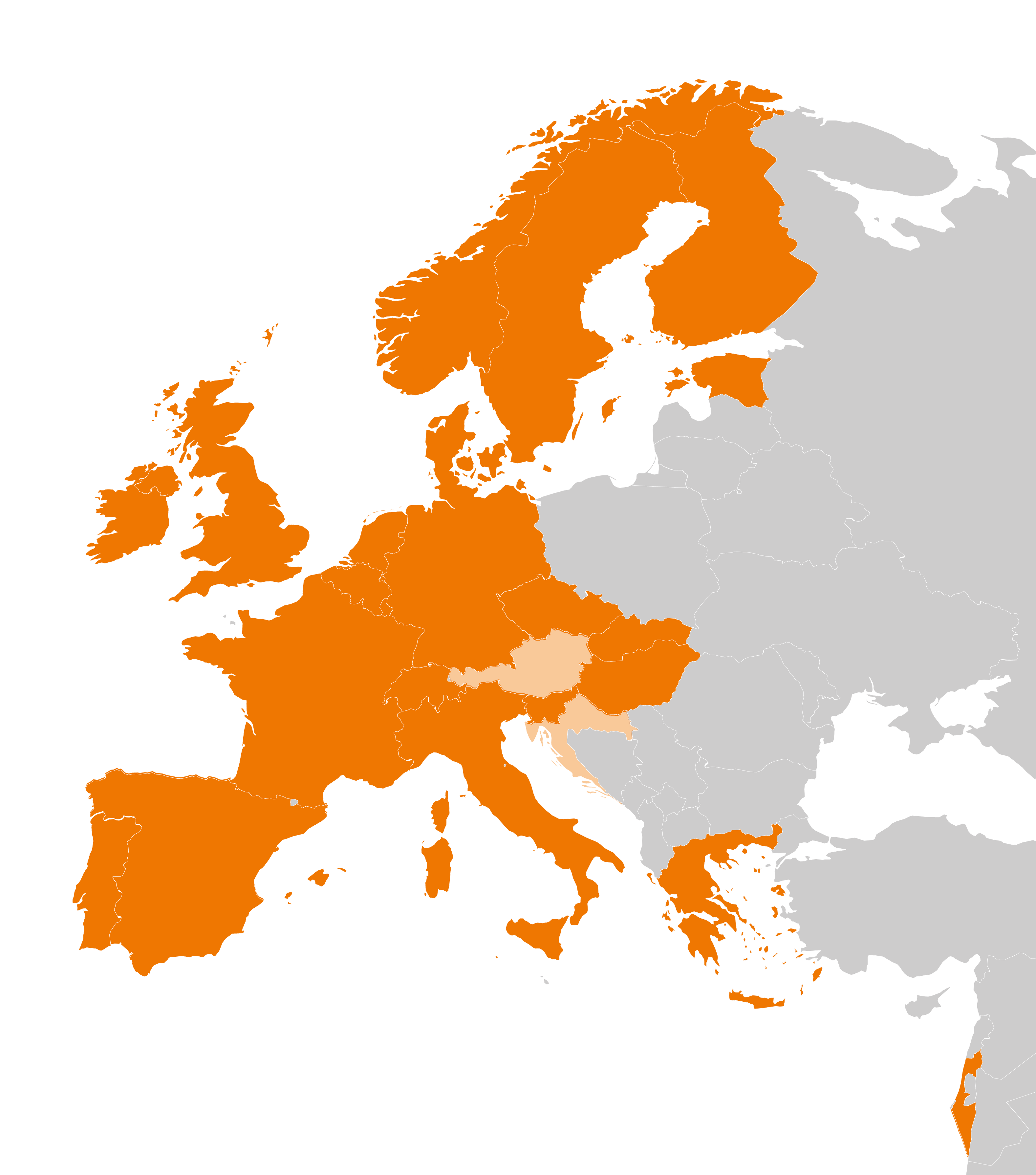ELIXIR Estonia
The purpose of ELIXIR is to construct and operate a sustainable infrastructure for biological information in Europe to support life science research and its translation to medicine and the environment, the bio-industries and society. These resources include databases, software tools, training materials, cloud storage and supercomputers.
The goal of ELIXIR is to coordinate these resources so that they form a single high quality infrastructure. This coordinated infrastructure makes it easier for researchers to find and share data, analyse their experiments, exchange knowledge, and agree on best practices.
Estonia joined ELIXIR as a full member in December 2013. The Estonian node focuses on developing and maintaining software tools and databases, linking of bioinformatics and biobanking, and last but not least, training researchers across borders.
Estonian ELIXIR Node is led by University of Tartu. Other partners are Tallinn University of Technology, National Institute for Physics and Biophysics, Tallinn University, and Estonian University of Life Sciences.

Free spring courses 2026 by ELIXIR Estonia
-
19.02.2026 - Crash Course in Data Management - Registration open
-
5.03.2026 - RStudio for beginners - Registration open
-
12.03.2026 - Data visualisation (theory) - Registration open
-
17.03.2026 - CodeRefinery workshop for reproducible research code - March 17-19 and 24-26, 2026 - Registration open
If you would like to be notified about the events, trainings and workshops running by ELIXIR Estonia, consider subscribing to the announcements mailing list
Latest news and announcements
University of Tartu Electronic Lab Notebook usage survey by ELIXIR Estonia
Have you used electronic lab notebook? Would you like to? Please fill in our survey. (For University of Tartu members only)
ELIXIR Estonia’s July to December 2025 Highlights
In the second half of 2025, ELIXIR Estonia continued to deepen its collaborations in research data management, both within Estonia and across Europe, while also expanding staff involvement in training activities and knowledge-sharing initiatives. Throughout the period, we placed a stronger focus on data management by participating in and organising events in partnership. A standout moment was co-organising a Nordic Computational Biology Week Conference, an experience that will help us take on larger events in the future. Alongside these activities, our team contributed three new publications, reflecting our ongoing commitment to advancing research and supporting the broader scientific community.
New Microchip Electrospinning Technology Paves the Way for Probiotic Wound Treatments
We are proud to share a recent publication by our team member, Marilin Moor, who contributed to a study on advanced wound care. Published in Materials Today Bio, the article titled “Living probiotics-loaded wound matrices prepared by microchip electrospinning” introduces a novel method for treating skin infections.
Review of An Intuitive Primer of Effective Genomics Study Design
“An Intuitive Primer on Effective Functional Genomics Study Design” by Yoav Gilad provides a clear and accessible guide to the principles of effective functional genomics study design. Instead of prescribing fixed protocols, it encourages readers to think critically about their choices. For students, teachers, and researchers entering the field, it is an insightful and practical resource that I highly recommend.



